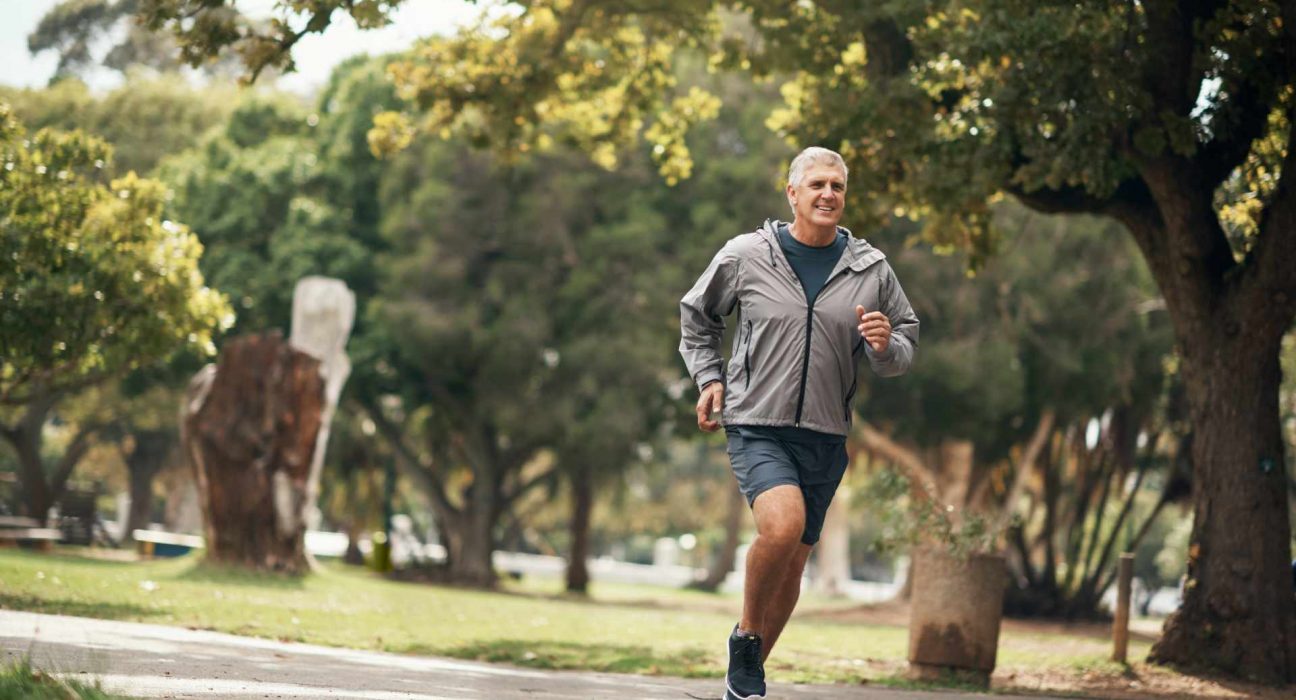Welcome to the golden years, where retirement beckons, and the chance to embrace life in new ways awaits. As we navigate this chapter, one aspect that deserves our attention is the importance of physical activity. Whether you’re a retiree or supporting a loved one in their golden years, understanding the significance of staying active is a key ingredient to a happy and healthy retirement.
The Importance of Physical Activity in Retirement
Benefits of Physical Activity for Seniors

Exercise isn’t just for the young; it’s a fountain of youth for everyone. For seniors, regular physical activity comes with a host of benefits. It’s not just about maintaining muscle mass or shedding a few pounds. Engaging in activities like walking, swimming, or yoga can significantly improve cardiovascular health, boost mobility, and even reduce the risk of chronic diseases. But that’s not all—exercise is a mood lifter, offering stress relief and enhancing cognitive function.
Common Concerns and Misconceptions
Now, you might be thinking, “Isn’t it too late to start exercising?” Let’s debunk that myth right away. It’s never too late to prioritise your health. One common misconceptions and concerns is the fear of injury, but by tailoring workouts to your needs, you can enjoy the benefits without unnecessary strain. If you do feel like you want to be protected from injury, it can be beneficial to have health insurance. If you want to consider health insurance for over 60s, head to Usay Compare for a quote and advice.
Tailoring Workouts to Senior Needsa

Seniors have unique needs when it comes to exercise. Opt for low-impact exercises that are gentle on the joints but still effective. Think water aerobics, senior-friendly yoga, or strength training with light weights. These activities not only cater to your body’s requirements but also make the fitness journey enjoyable.
Fun and Engaging Workout Ideas
Water aerobics, more than just a refreshing dip, can provide an excellent low-impact cardio workout. If you enjoy the zen of controlled movements, consider senior-friendly yoga or tai chi for improved flexibility and balance. Strength training with light weights or resistance bands helps maintain muscle mass. And for those who prefer a social touch, joining walking clubs or group fitness classes can be a great way to stay active while connecting with others.
Incorporating Physical Activity into Daily Life
If you’re not a fan of structured workouts, fear not! There are plenty of ways to incorporate physical activity into your daily routine. Gardening, dancing to your favorite tunes, or taking regular walks with friends are all delightful ways to stay active without it feeling like a chore.
What Age Should You Retire?

Regarding retiring, there’s not one definitive age. Most people know that you can receive your state pension at 66. But, this doesn’t necessarily mean that you have to quit your job and stop working. While some people want to do this, others might be on the fence about retirement. Here are some things you should think about that will help you decide the best age for retirement.
1. Your Health
First, you must consider your health and what’s best for you. If you’re reaching an age where you feel like you can no longer keep up with the demands of your career, this is when you should consider retiring. For example, if you have an active job, you might feel that you’re struggling to perform at your best and in a way that’s good for your body. You don’t want to suffer.
2. Your Finances
In some cases, you might not be financially able to retire. If you’ve not been preparing for retirement or your savings have taken a hit, this means that it might be advantageous to keep on working past the state pension age. This can allow you to be in a better position later down the line.
3. Your Goals
Perhaps you’re at a stage in your career where you still want to advance. This can mean that you want to continue working and not retire yet. Indeed, if you have the drive and determination to keep on working, you should choose to do this. Then, you can retire later on when you’ve achieved your goals.
4. Your Family
Don’t forget to consider your family in your decision making. You want to do what’s best for your loved ones, whether that’s continuing to work or spending more time with them. Life is short and you might decide that you’d rather retire and focus on your personal life. Indeed, this is something that you’ve earned and your state pension is in place to help with your golden years. The key is to save for your retirement in advance so you can do everything you want to do with this time.
Conclusion
Staying active in retirement is not just about physical health; it’s an investment in your overall well-being. By incorporating enjoyable and tailored exercise into your routine, you’re not only maintaining your health but also embracing the vibrant spirit of this golden chapter.









Leave feedback about this